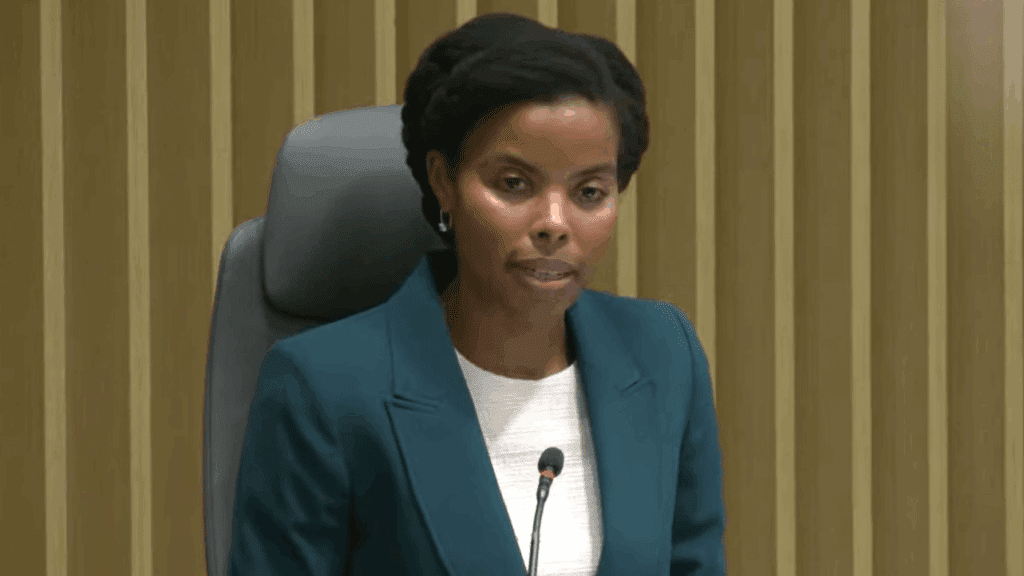NRECA and NTCA Spot More RDOF Administrative Flaws
Randy Sukow
|

About 18 months after the FCC’s Rural Digital Opportunity Fund (RDOF) reverse auction ended, flaws in the program to fund rural broadband projects are still evident. NRTC – The Rural Broadband Association and NRECA, in a joint letter to the Commission, said that recent actions show that RDOF still lacks “transparency and accountability.”
The latest controversy stems from a trade media report that RDOF bidder Resound Networks intends to deploy fixed wireless in some of the areas where it won funding. The company originally stated its intent to build fiber networks in those areas. While RDOF rules technically allow changes in technology plans in funded service areas, it is unknown whether Resound Networks can achieve gigabit speeds. Resound originally stated the intention to deploy fiber and competing bidders in those areas also were proposing fiber networks.
“Prior to the auction, the Commission specifically indicated that RDOF applicants planning to use fixed wireless technologies to fulfill gigabit-level service commitments would need to ‘make a case’ prior to bidding that they were capable of in fact doing so,” NTCA and NRECA said in the letter filed late last week. “Bidding as if it would use one technology and then changing course thereafter would perpetuate and exacerbate long-standing concerns about the transparency and accountability of the RDOF auction process.”
NTCA and NRECA further stated that they did not know what Resound had done to “make the case” that it was capable 1 Gbps fixed wireless service.
A year ago, several participants in the RDOF reverse auction protested that some of the winning bidders were not technically or financially eligible to build the facilities they declared prior to the auction. NRTC and NRECA co-authored a paper (PDF) outlining many of the flaws in the auction rules. Among the problems the paper found was the questionable claim that providers could build gigabit fixed wireless networks.
“By the Commission’s own and accurate assessment, the risk of default and lack of service to consumers is ‘significantly greater’ if there are not ‘concrete examples of a technology being used to offer high-speed’ service to real-world consumers. And yet, in the same document, the Commission permitted just such high-risk situations to arise, allowing applicants a unique, separate opportunity to show that they are ‘reasonably capable’ of offering gigabit-level service,” NRTC and NRECA said at that time.
NTCA and NRECA in last week’s letter said there still have been no published examples of real-world tested gigabit fixed wireless networks. “Careful scrutiny is warranted now, especially in a case like this where the winning bidder reportedly seeks to switch from a proven technology to one that is subject to a number of practical challenges,” they said.


